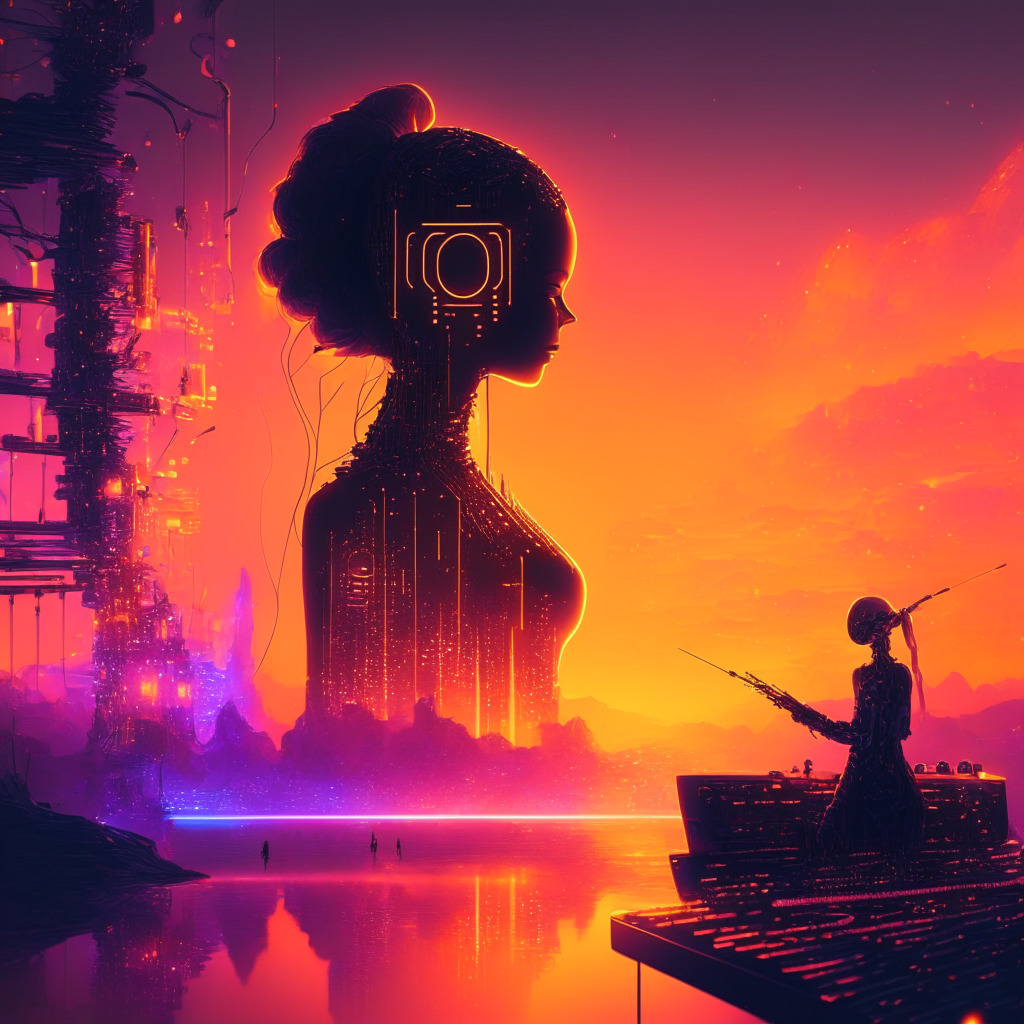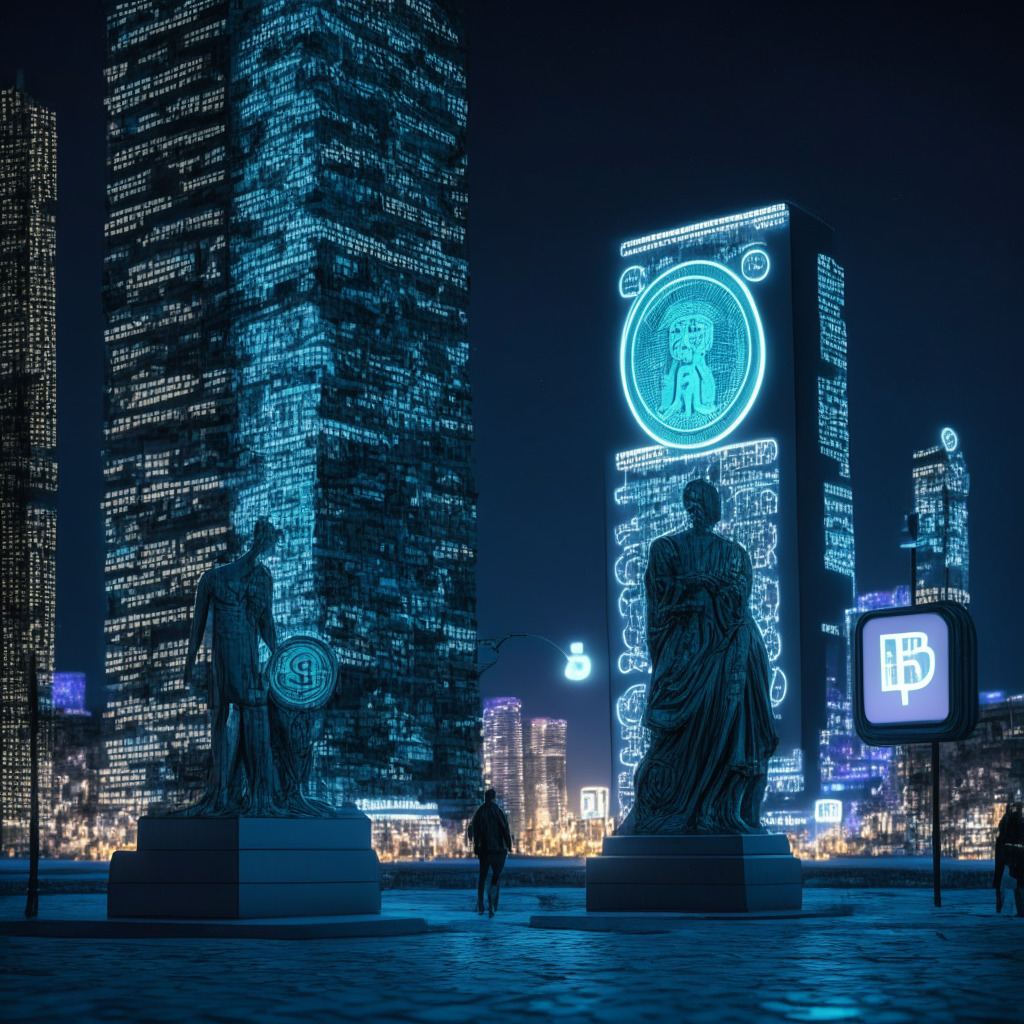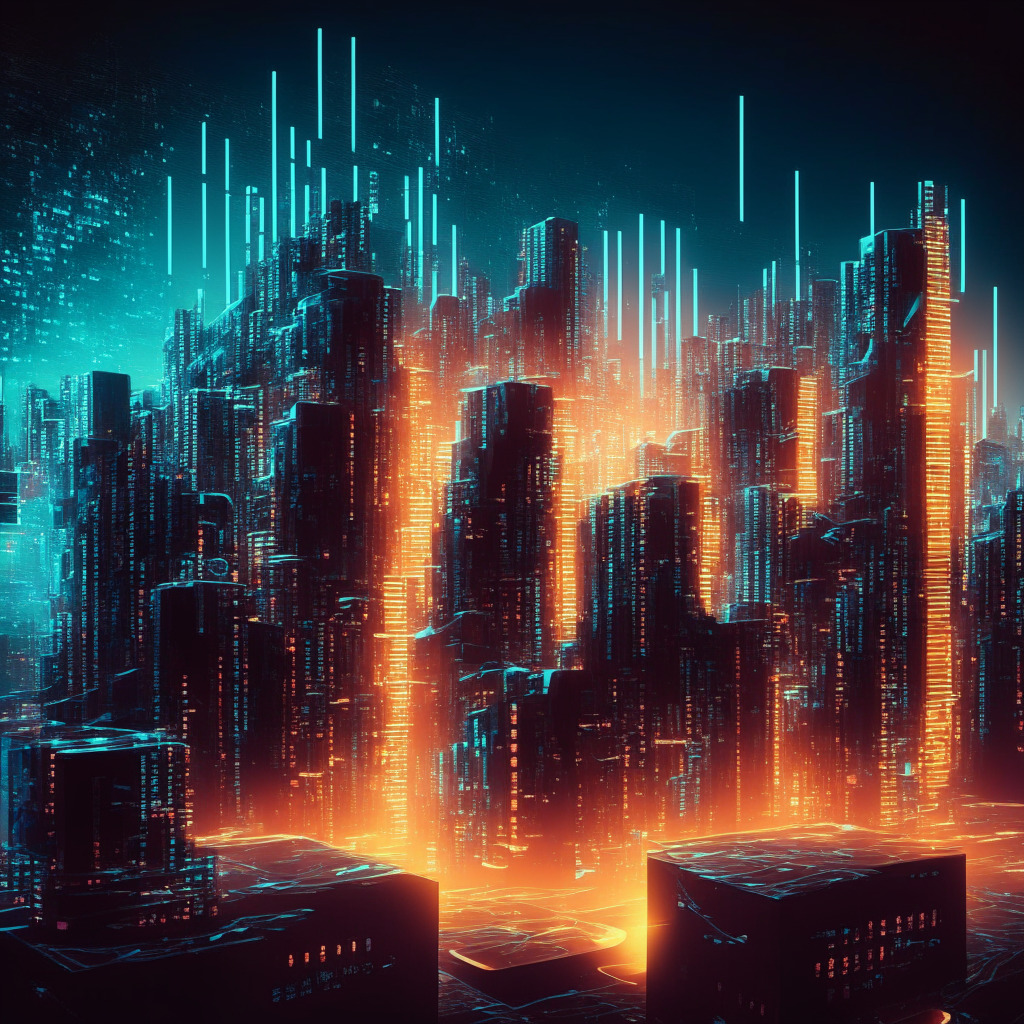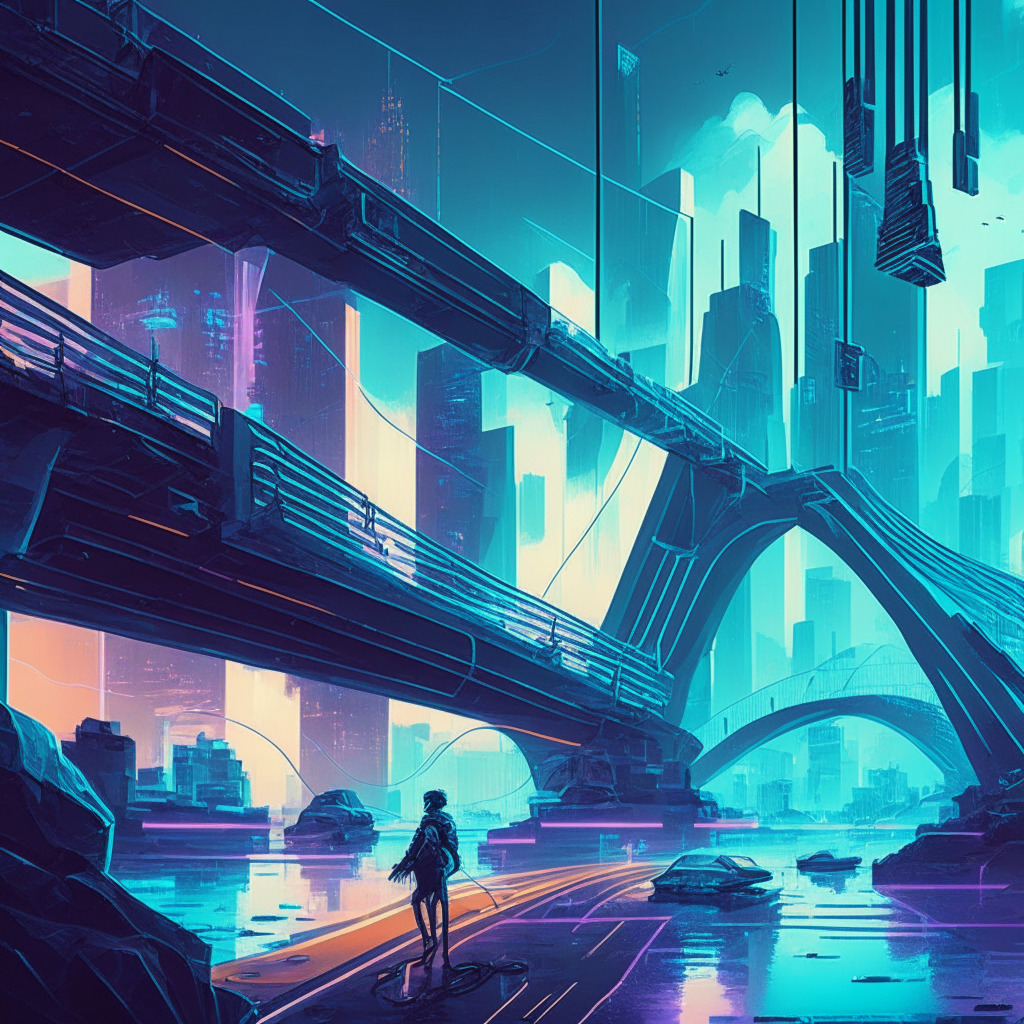The future of music is rapidly evolving, with the integration of artificial intelligence (AI) opening up a world of creative possibilities. Warner Music Group’s Oana Ruxandra has emphasized the potential for “new forms of creativity and sub-genres” in the music industry as a result of AI-driven tools. However, this technological shift is not without skepticism. Musicians understandably express concerns about protecting their creativity and rights when faced with the rise of AI-generated deep-fake music tracks.
In response to these apprehensions, electropop musician Grimes has offered an innovative solution, inviting fans to use her voice for AI-dubbed songs while agreeing to split royalties. Her approach highlights the potential for AI to enhance music production in a way that respects artists’ rights and acknowledges the intellectual property challenges of the future.
As AI music tools become more advanced, they enable artists to experiment and create in new and immersive ways. Metaverse-based platforms like VNCCII are pushing the boundaries of live performances and engaging fans through digital avatars. By making use of Unreal Engine for live broadcast interviews and virtual concerts, artists can expand and redefine their artistic identities.
Another company embracing the potential of AI is Pixelnyx, which aims to enhance the web3 music experience by combining augmented reality, metaverse gaming, and user-generated content (UGC). They have developed an AI-powered music companion tool, Korus, which encourages collaboration and fan involvement in the creative process.
Despite its current limitations, WarpSound, an adaptive AI music platform, is further exploring the integration of AI with blockchain-based collectibles. By offering new inspiration and practical tools for creators, WarpSound demonstrates that AI-generated music can coexist with traditional methods, bringing a fresh approach to the industry.
Using AI tools like Riffusion and Soundful, musicians can refine their compositions and arrangements efficiently while keeping their works royalty-free. In addition, these creations can be minted as non-fungible tokens (NFTs) and sold on marketplaces, reflecting the growing demand for unique music experiences in the digital age.
Although AI-generated music may not yet be as sophisticated as human creations, its constant refinement through human interactions is undeniable. While it’s true that audio production requires more computing power than text or image outputs, the potential impact of AI on the music industry cannot be ignored. With continued advancements in technology, we might soon see AI-enhanced music experiences becoming as ubiquitous and transformative as Napster’s rise in the early 2000s.
Overall, the use of AI in music production presents a future filled with creative possibilities as well as legitimate concerns. By acknowledging these challenges and embracing innovative solutions, musicians, and the wider music industry, can create a blend of human artistry and technological advancements that respects and enhances traditional music.
Source: Coindesk




